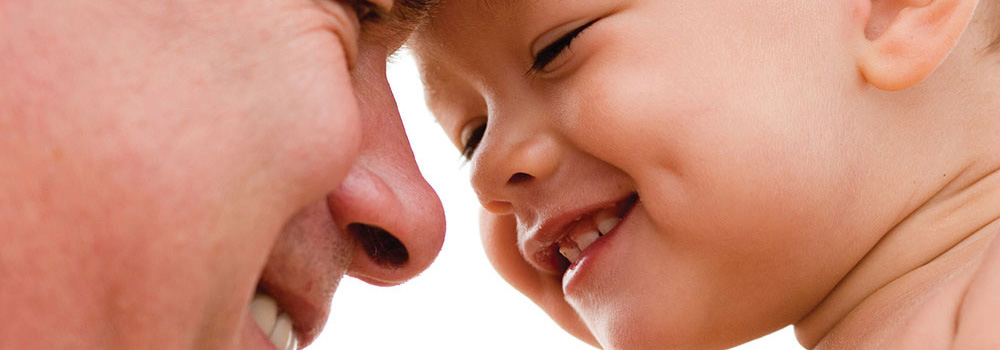Language (as well as body language) is how we get to know each other and build relationships. Talking to babies, and having fun with nursery rhymes and songs is a great way to lay the groundwork when it comes to learning speech.
If a parent or carer is responsive to a baby’s signals or cues, and communicates with them from birth, babies develop a secure attachment. Communication is the foundation of relationships and is essential for learning, play and social interaction. This involves listening, understanding, thinking, wanting and needing to speak, and being able to coordinate all the right muscles. Talking to babies every day is important, using simple words to describe what is happening and what they are interested in.
If a child can start school with good speech and language skills they can maximise their full personal and social potential. These skills underpin all areas of a child’s development. Children with poor communication skills are at increased risk of being bullied. See School readiness for more information.
Friendships are incredibly important for children. Making and keeping friends is difficult with poor communication skills so self-esteem and confidence is affected. Children often choose friends who are good at communicating, so children with difficulties are doubly disadvantaged.
If you think your child’s language skills are not developing as they should, you can discuss with your health visitor, Children and Family Centre or school who can advise about local speech therapy drop-in sessions or a referral to a speech and language therapist (SALT) if needed.
For top tips for talking www.henry.org.uk/tips/talking


